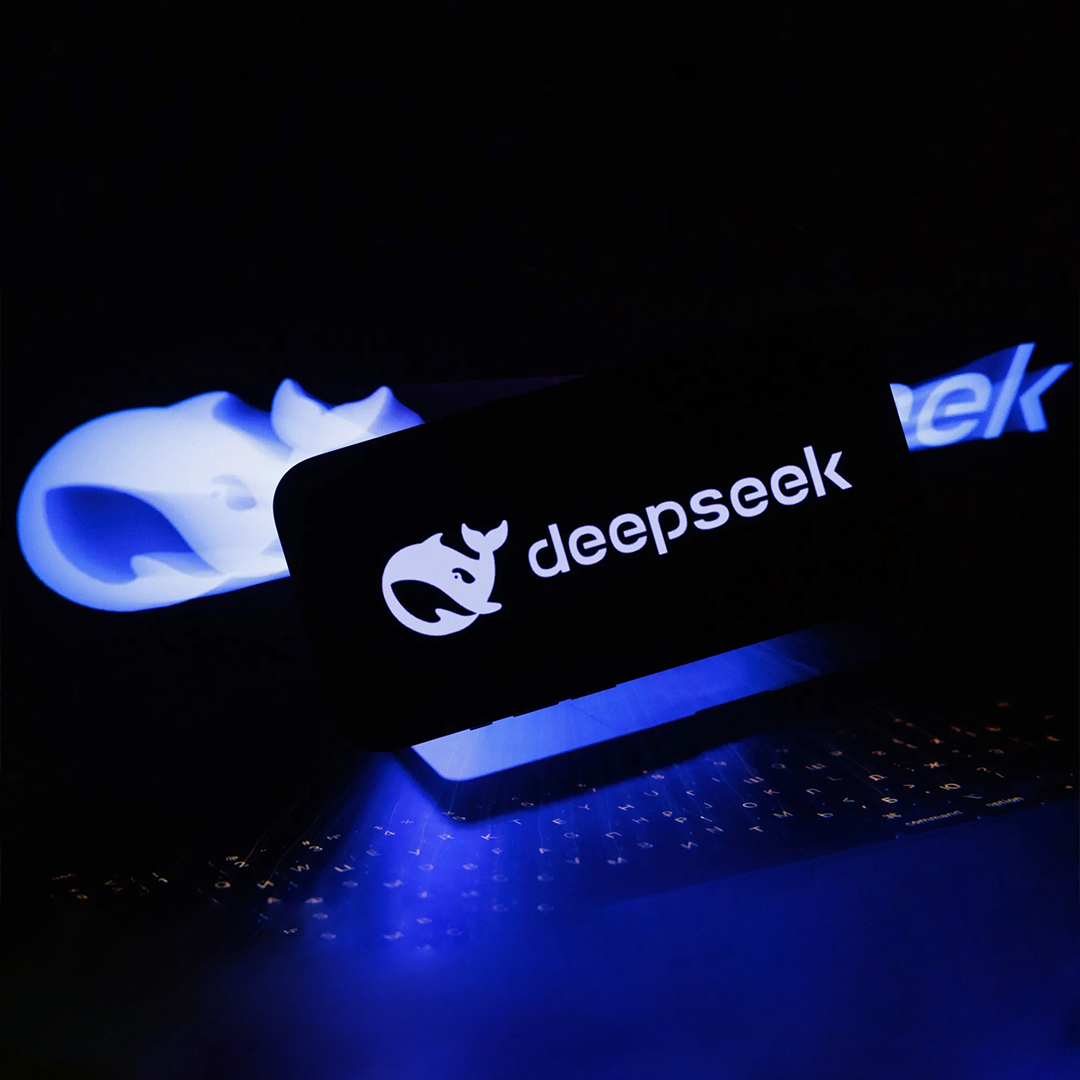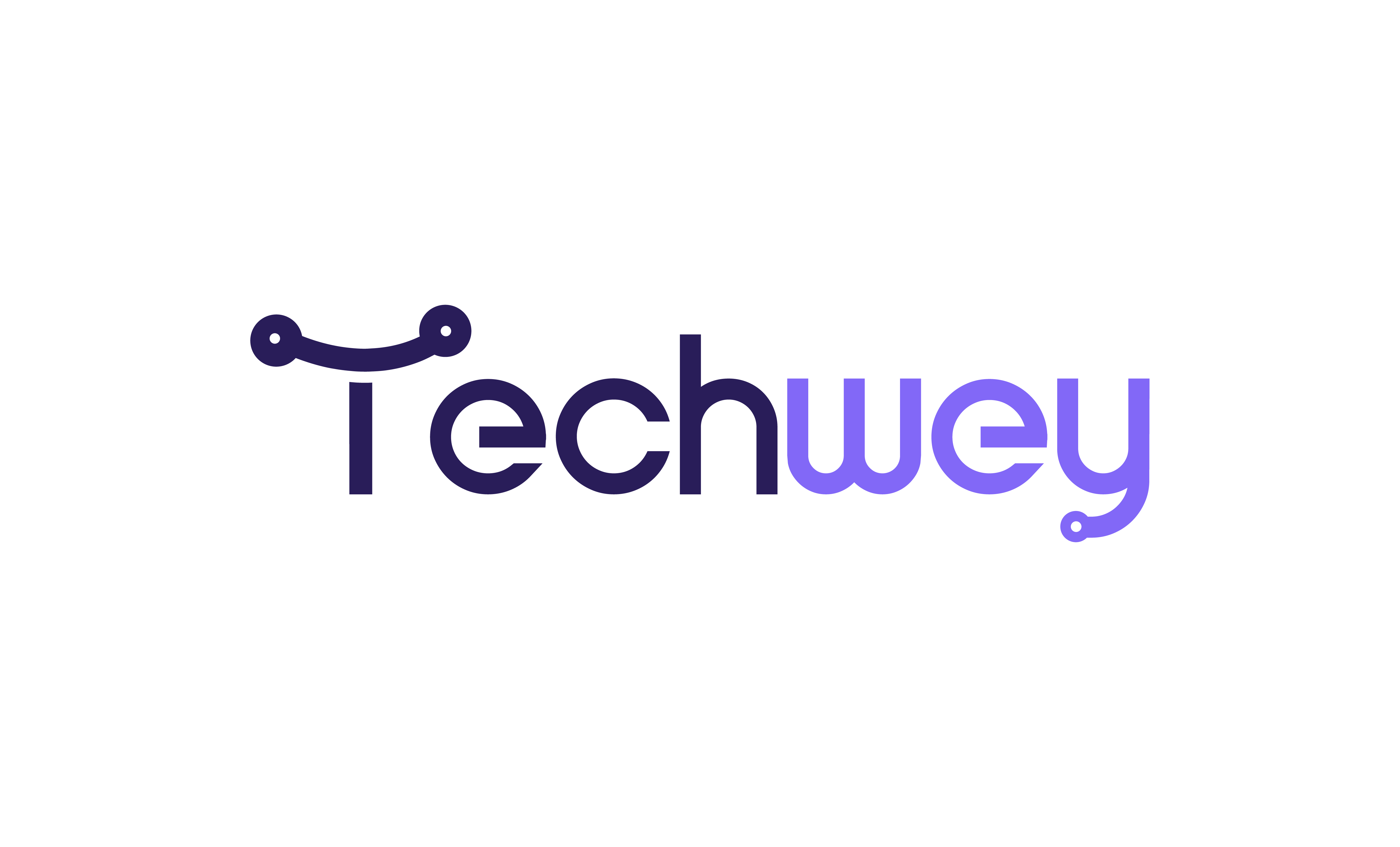
South Korea has halted new downloads of the DeepSeek AI chatbot, developed in China, following concerns raised by the country’s personal data protection agency. Officials stated that the app would remain inaccessible in South Korea until necessary changes are made to comply with local data privacy laws.
After making headlines globally, DeepSeek quickly gained a strong foothold in South Korea, amassing over a million users in just a week and securing the top spot in app store rankings. However, its rapid popularity also brought scrutiny from regulators around the world, prompting several restrictions over privacy and national security issues.
South Korea’s Personal Information Protection Commission confirmed that the app was removed from both Apple’s App Store and Google Play as of Saturday evening. The decision followed earlier actions by government agencies that barred their staff from downloading the app on official devices. Acting President Choi Sang-mok described the rise of DeepSeek as a disruptive force with potential consequences beyond the AI sector, calling it a “shock” to industries.
Despite the ban on new downloads, existing users can still use the app on their devices or access it via DeepSeek’s website. The partial restriction underscores the global struggle to balance technological progress with privacy safeguards and regulatory compliance.
DeepSeek’s rise has caused concern in other regions as well. Both Taiwan and Australia have prohibited its use on government devices. While Australia dismissed suggestions that its decision was linked to the app’s Chinese origin, it labeled DeepSeek as posing an “unacceptable risk” to national security. Similarly, Italy’s data protection regulator, which briefly banned ChatGPT in 2023, has now imposed restrictions on DeepSeek.
The creators of DeepSeek have been asked to address the privacy concerns before the app is allowed back into app stores. Authorities in France and Ireland have also raised questions about how the app handles user data, particularly since its privacy policy indicates that information may be stored on servers in China. The policy also admits to collecting data such as email addresses, dates of birth, and user input, which raises further concerns about potential misuse.
In the United States, lawmakers have proposed legislation to ban DeepSeek from federal devices, citing fears of surveillance. Several states, including Texas, Virginia, and New York, have already implemented similar bans for state employees.
DeepSeek’s “large language model” (LLM) offers reasoning capabilities on par with leading US models like OpenAI, but its lower cost of development and operation has raised questions about the substantial investments being funneled into AI infrastructure in the US and elsewhere.
This move by South Korea highlights the growing tension between rapid advancements in AI and the pressing need for regulatory oversight. As AI technologies evolve, governments and companies worldwide must address challenges in protecting user privacy while staying competitive on the global stage.






Leave a Reply